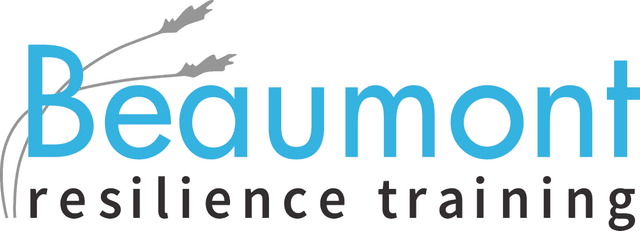Professional Resilience Training
Evidence-based programs designed to build mental strength and enhance performance
Online Courses
Self-paced e-learning modules with lifetime access. Learn resilience techniques at your own pace.
- Comprehensive video content
- Practical exercises & worksheets
- Certificate upon completion
Workshops
Interactive in-person training sessions tailored to your team's specific needs and challenges.
- Customized to your organization
- Interactive group activities
- On-site or virtual delivery
Corporate Programs
Strategic resilience programs for leadership development and organizational transformation.
- Leadership coaching & development
- Organizational resilience culture
- Long-term support & follow-up
Client Success Stories
Hear from professionals who have transformed their resilience
"Jo delivered an engaging, interactive and high-quality workshop which received extremely positive feedback from delegates. Her expertise in resilience training is exceptional."
"Jo is a great Trainer. Her training had excellent success. Most attendees asked for the opportunity to have other training sessions with Jo. Highly recommended."
"The course helped me foster self-confidence by thinking about my strengths. One can be more productive even in stressful periods if the level of Resilience is higher."
Trusted by Leading Organizations






Say What? Card Game
A fun, engaging card game expertly designed to help everyone—from children to adults—develop resilience through communication and emotional intelligence.
- Perfect for families, schools, and workplaces
- Develops communication skills and emotional awareness
- Evidence-based approach to building resilience

